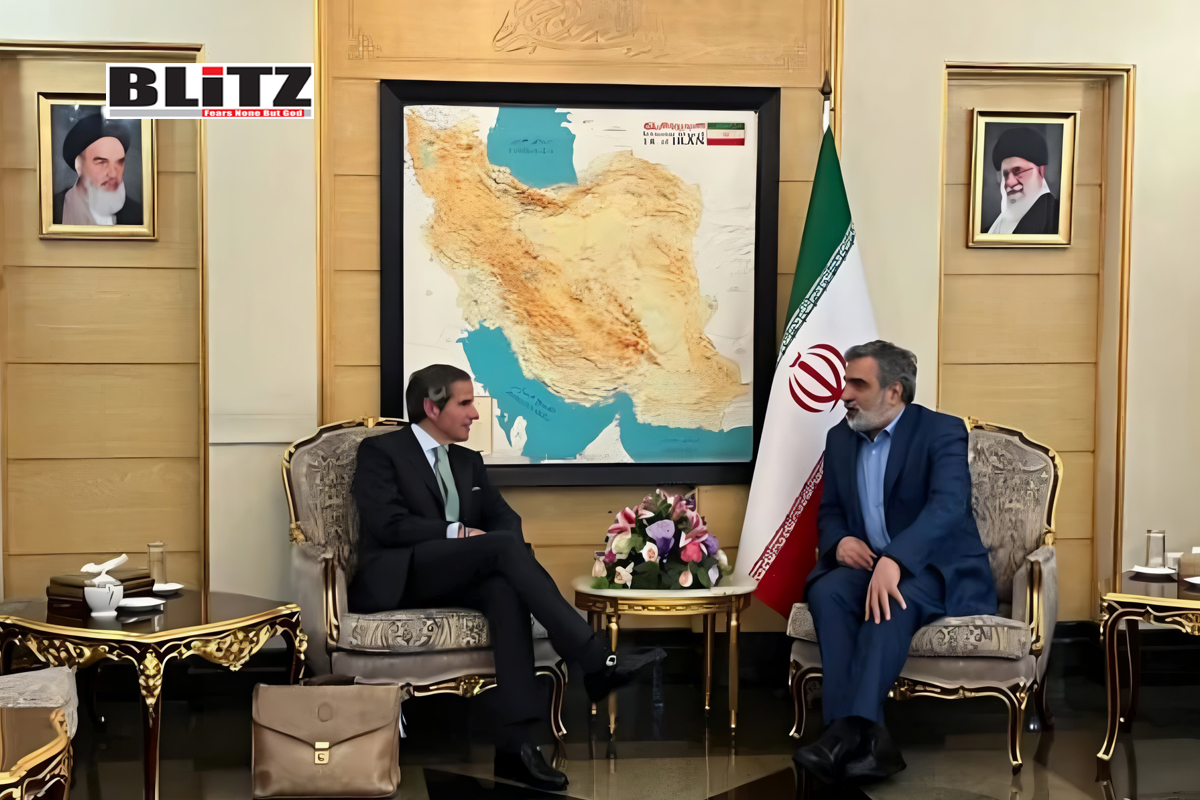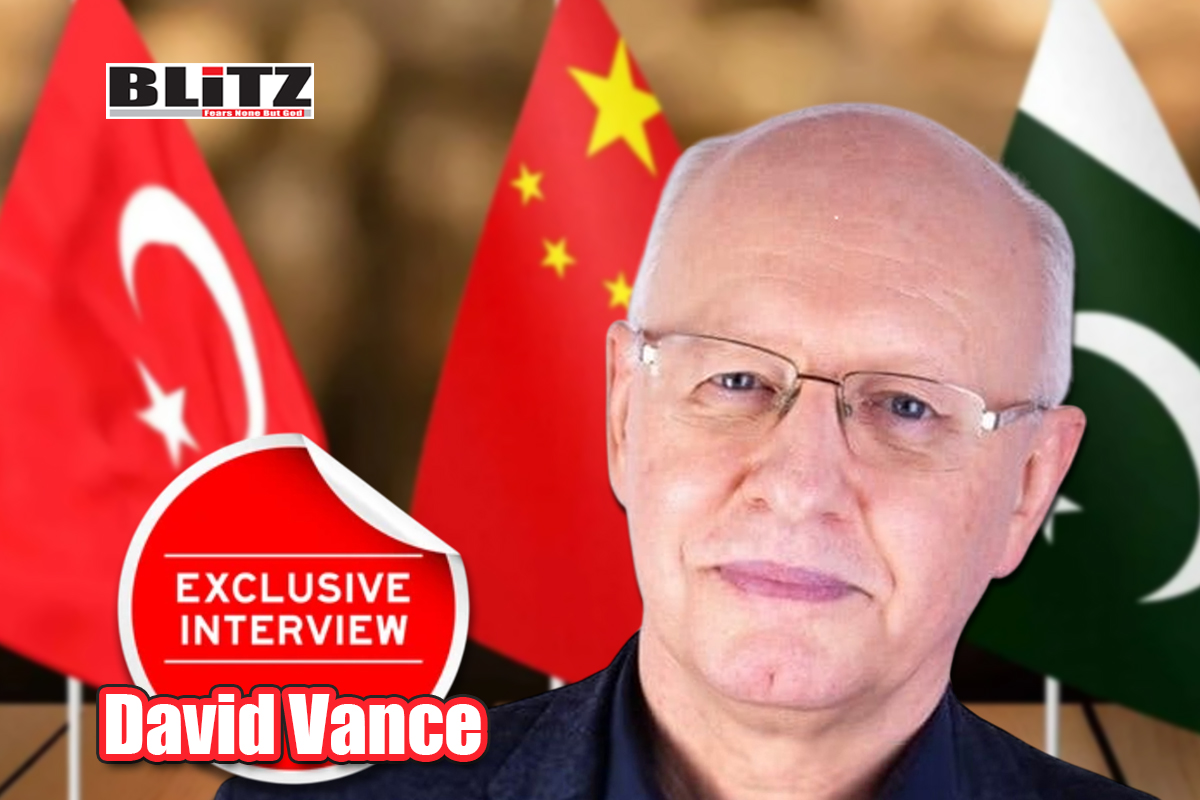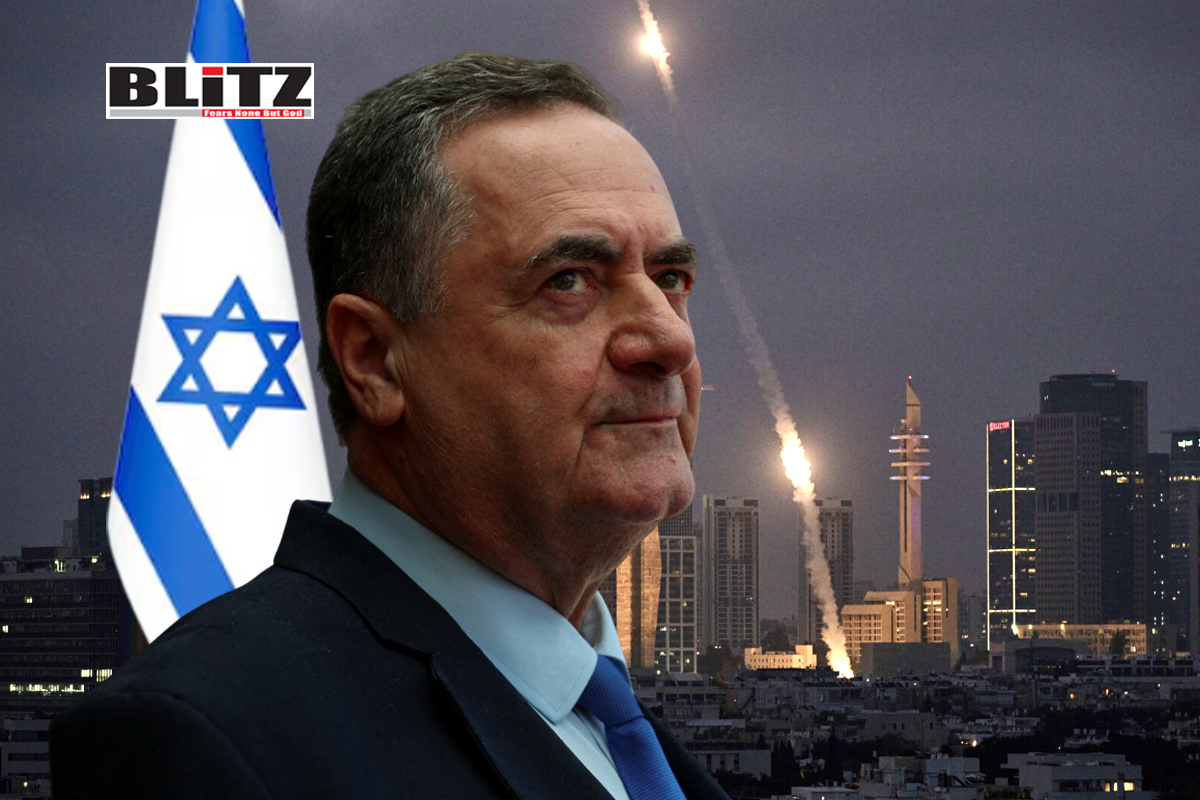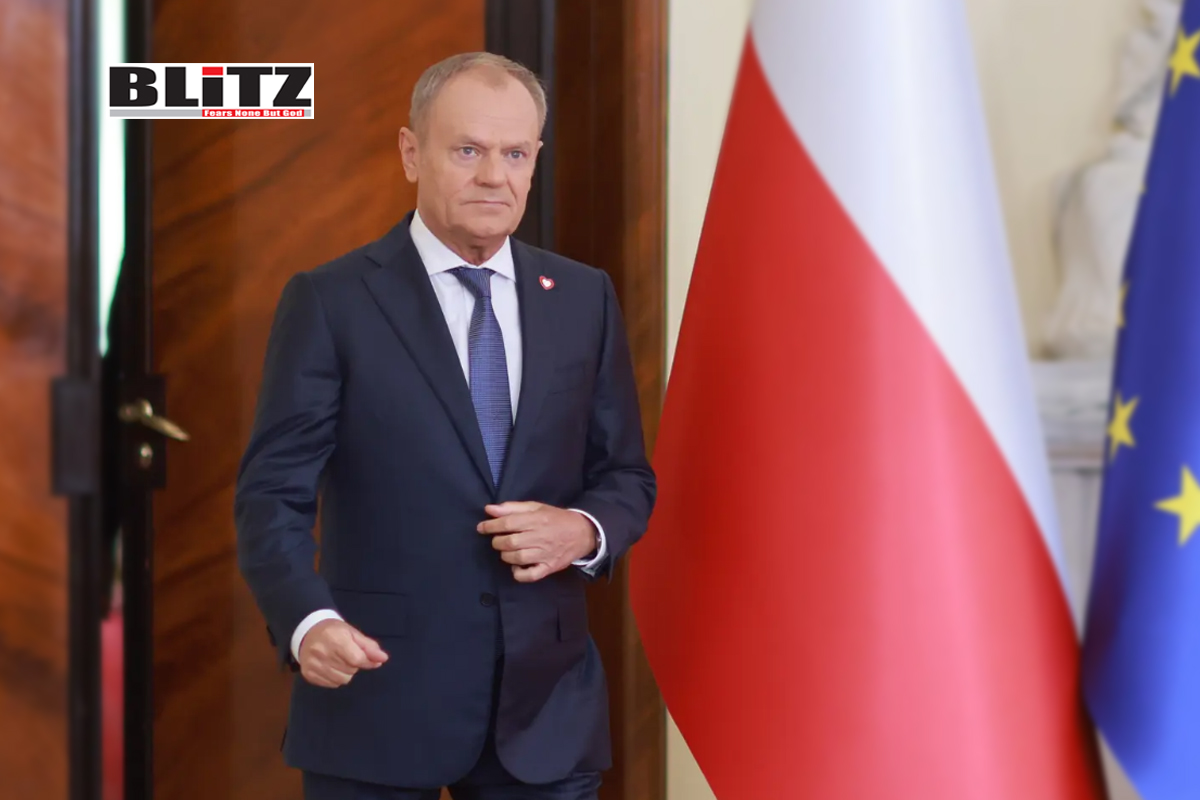Syria dismantles Assad-era Captagon Empire in sweeping anti-drug campaign
- Update Time : Monday, June 16, 2025
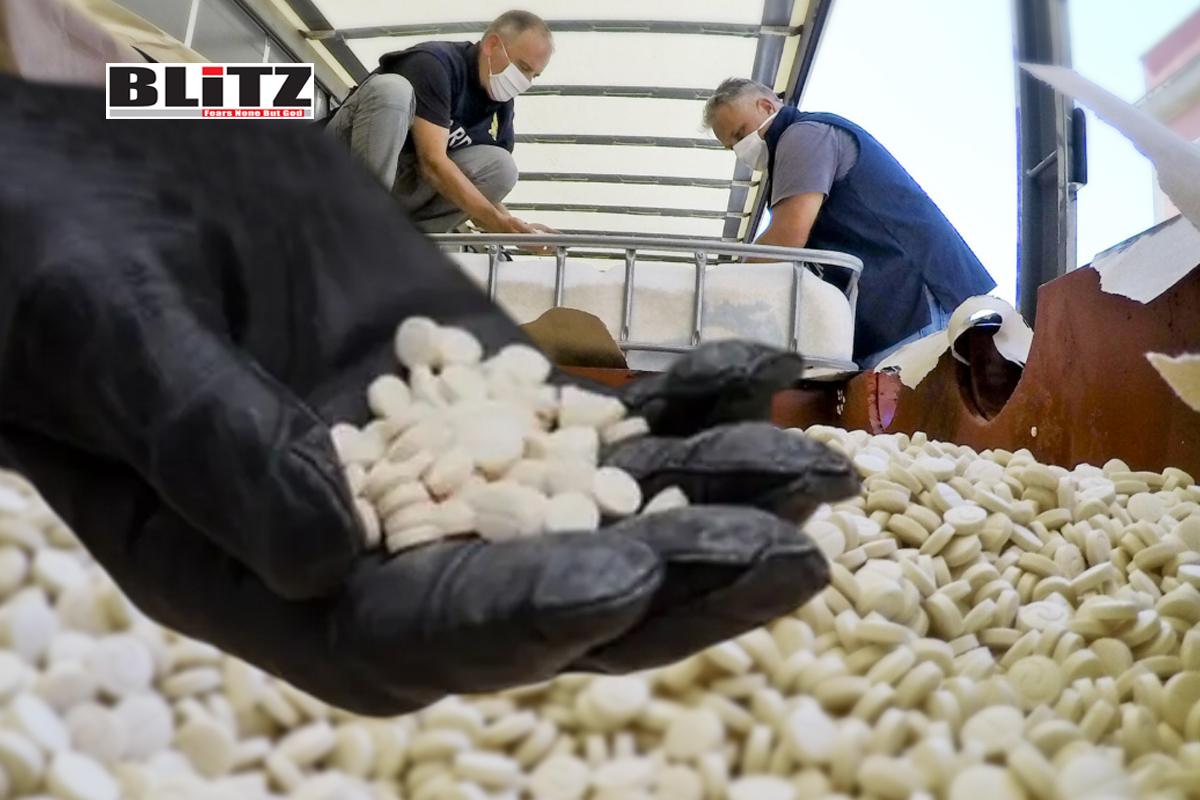
In what Syrian officials are calling a landmark step toward ending the country’s status as a global narco-state, the transitional government has announced the dismantling of all known Captagon production facilities. The move comes amid a wider campaign to root out the remnants of a billion-dollar drug empire that flourished under the former regime of President Bashar al-Assad.
Interior Minister Anas Khattab, in a televised interview with state-run Al-Ikhbariya TV, declared that the government had “confiscated all production equipment and facilities” used in the manufacture of Captagon, a powerful amphetamine that has ravaged communities across the Middle East and beyond.
“Unfortunately, the reality is that Syria has become a drug factory and the top global exporter of Captagon in recent years,” Khattab said. “Our responsibility is to change that reality. As of today, there are no longer any labs producing Captagon in Syria.”
Originally developed in the 1960s in West Germany as a pharmaceutical treatment for attention deficit disorder, narcolepsy, and depression, Captagon (fenethylline) was banned in most countries by the mid-1980s due to its addictive properties. Over the last two decades, however, the drug reemerged-albeit in modified forms-at the heart of an illicit trade network centered in Syria.
Modern Captagon tablets often contain a mix of stimulants such as caffeine, paracetamol, and theophylline, producing a potent, fast-acting high. Its use exploded in war zones, where it was favored by militants and fighters for its ability to suppress fear and fatigue.
As Syria descended into civil war following the 2011 uprising, the Captagon trade filled the vacuum left by a crumbling economy and fractured state institutions. According to a 2024 report by the UN Office on Drugs and Crime (UNODC), 82 percent of Captagon seized in the Middle East between 2018 and 2023 originated in Syria. Lebanon, which shares a porous and often unmonitored border with Syria, accounted for another 17 percent.
Under President Bashar al-Assad’s rule-and particularly through the operations of the powerful Fourth Division led by his brother, Maher al-Assad-Syria became the world’s largest producer and exporter of Captagon. The Fourth Division, known for its elite military role and fierce loyalty to the regime, reportedly oversaw much of the trafficking infrastructure, using military checkpoints and secured routes to move drugs both domestically and across borders.
Many of the now-dismantled labs were located in areas under the Fourth Division’s control, including the Damascus countryside, the Lebanese border, and Syria’s Mediterranean coast. These zones became infamous hubs for production, packaging, and distribution.
Perhaps most notably, the port city of Latakia emerged as a major shipping point. Drug consignments from Latakia reached markets as far afield as Saudi Arabia, Jordan, the UAE, North Africa, and Europe. In 2020, Italian police intercepted a historic 14-tonne shipment of Captagon tablets at the Port of Salerno near Naples, hidden in industrial machinery and valued at over $1 billion. Italian authorities initially blamed ISIS, but later intelligence linked the haul back to Syrian and Lebanese traffickers.
Since the Assad regime’s collapse in early 2025, Syria’s transitional authorities have taken rapid and decisive action. In the weeks following the regime’s fall, security forces reportedly destroyed more than 100 million Captagon pills, large quantities of precursor chemicals, and 15 tonnes of hashish.
On May 15, Syrian authorities seized nine million Captagon pills in Aleppo, five million of which had already been smuggled into Turkey. Days later, another four million pills were intercepted at the port of Latakia-an indication that major trafficking operations were still active even amid political change.
While the production infrastructure has now been dismantled, Interior Minister Khattab acknowledged that hidden caches and logistical networks remain. “This is not a problem we can solve overnight,” he said. “But we have dealt a decisive blow to its backbone.”
Syria’s drug problem has long been a source of tension with its neighbors. Saudi Arabia, Jordan, and other Gulf states have repeatedly accused Damascus of facilitating the Captagon trade and using it as leverage in diplomatic negotiations. Jordanian security forces have engaged in several deadly skirmishes with armed smugglers on the Syrian border, many of whom were suspected of working under the protection of Syrian military units.
With the new government’s actions, hopes are rising that regional cooperation will improve. Jordan’s Foreign Ministry released a statement praising Syria’s crackdown and offered technical assistance in tracking cross-border drug routes. Meanwhile, Saudi Arabia has expressed cautious optimism but insists on seeing “sustained enforcement and transparency.”
Minister Khattab also outlined the government’s plan to address the public health crisis that the Captagon trade left behind. “We must support those who fell victim to addiction during these years of darkness,” he said. Plans are underway to expand addiction treatment and rehabilitation centers across major cities, with international NGOs expected to assist in training medical staff and funding new facilities.
In rural regions, where state authority is still fragile, community outreach teams are being deployed to educate youth about the dangers of drug use and the legacy of the Captagon epidemic.
While the dismantling of Captagon production sites marks a major milestone, Syria’s road to recovery from its narco-state status is far from over. Rooting out deeply entrenched trafficking networks, rebuilding border control mechanisms, and repairing public trust in state institutions will be a generational challenge.
Yet, for the first time in over a decade, there is a sense that Syria may be turning a corner. As Minister Khattab put it: “Captagon was a symbol of our nation’s collapse. Ending it must be a symbol of our rebirth.”


